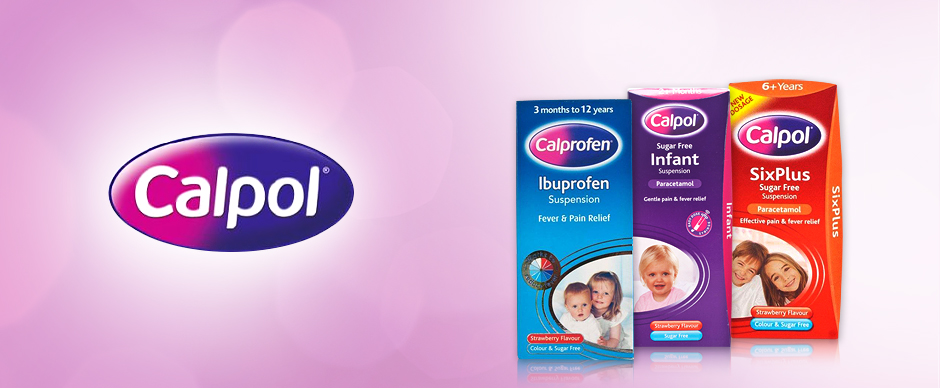
Is it a Cold or the Flu?
Colds and flu are both caused by viruses and they can share similar symptoms. A cold is a viral infection that affects the nose, throat and sinuses. Young children can catch up to 10 colds a year because, unlike us adults, they haven't built up their immunity to the 200 or so viruses that cause colds. Flu can be more serious than a cold and leave your child feeling quite unwell.
Spot the symptoms:
Cold:
Colds usually come on gradually and last about ten to fourteen days in children aged five years and under. Symptoms may include:
- Runny or blocked nose.
- Sneezing.
- Coughing.
- Sore throat.
- Fever.
Flu:
Flu tends to come on more suddenly and severely than a cold. Your child may feel achy and uncomfortable, and be ill for a week or more. Symptoms can include:
- Fever that comes on rapidly.
- Aches and pains in muscles and joints.
- Headache.
- Sore throat.
- Stomach upset or diarrhoea.
- Runny nose.
- Extreme tiredness.
- Chills.
- Dry cough.
- Loss of appetite.
Caring for your sick child
Whether your child has a cold or flu, he'll need plenty of rest to help his body fight off the virus. These tips should help to keep him comfortable.
- Give your child plenty of fluids, so he doesn't get dehydrated.
- Don't overheat your house – your child will be more comfortable in a well-aired room at normal room temperature.
- If your child is feverish, dress him in light clothes and use light bedding.
- Vapour rubs and nasal saline sprays may also be helpful to help to clear stuffy noses – choose one that's specially formulated for children and read the label carefully.
- If they have blocked nose, you could try to raise the pillow end of your child's bed to make their breathing easier.
Treating colds and flu:
Colds and flu can't be treated with antibiotics, because they're caused by viruses rather than bacteria, but over-the-counter medicines can help to ease the symptoms. Do choose ones that have been specially formulated for your child's age and always check with the pharmacist if you are not sure.
A paracetamol or ibuprofen suspension formulated for babies or children will help to reduce fever and ease aches and pains.
If your child is between three months and six years old, a cough medicine containing glycerol, such as Calcough Infant Syrup, can help to soothe a tickly cough. Cough medicines containing other active ingredients are available for children aged six or over.
When to call the doctor
While colds and flu aren't usually harmful in themselves, they can sometimes lead to complications.
Seek medical advice if:
- Your child is finding it difficult to breathe.
- If your baby is less than three months old and has a fever higher than 38ºC.
- Symptoms last more than 10 days.
- Your child complains of earache (babies and toddlers may be fretful and rub or pull at their ear).
- He seems to be getting worse rather than better.
- If you are concerned at all.
Please note this is for background information only. If you are at all concerned or in any doubt contact your GP.

